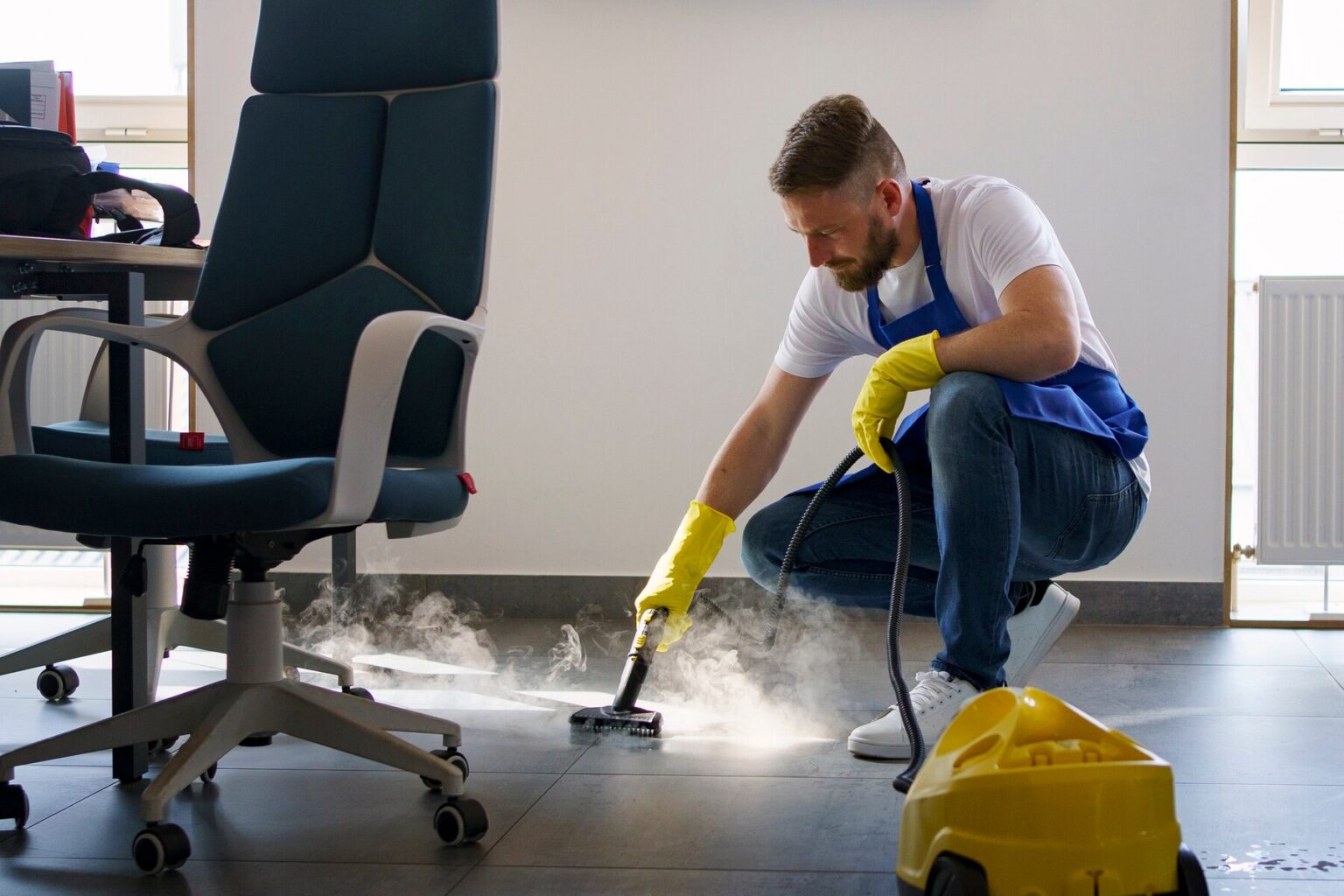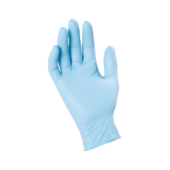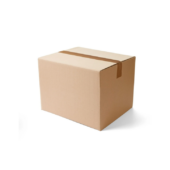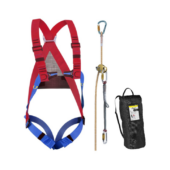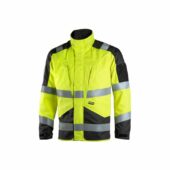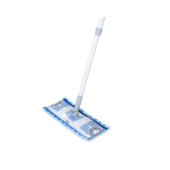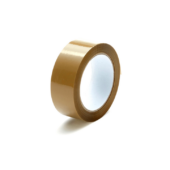Industrial carpet cleaning equipment is essential for maintaining cleanliness in commercial spaces, ensuring hygiene, and extending the lifespan of carpets in high-traffic areas. Choosing the right equipment can be challenging due to the variety of options available. This guide will help European businesses and organizations make informed decisions based on their cleaning needs and operational requirements.
Why Industrial Carpet Cleaning Equipment Matters
Larger workloads, effective outcomes, and frequent use in professional environments are just a few of the demands industrial carpet cleaning equipment can handle. Making proper equipment investments can result in:
- Improved hygiene standards: Clean carpets help maintain a healthy environment by reducing dust, allergens, and bacteria.
- Cost-effectiveness: Proper equipment reduces manual effort, saving time and operational costs.
- Durability: High-quality machines are built for long-term use, minimizing downtime and repair costs.
Types of Industrial Carpet Cleaning Equipment
There are different kinds of tools that are better for different kinds of cleaning. Here are the choices that are most often made:
1. Carpet Extractors (Steam Cleaners)
- Functionality: These use hot water and cleaning solutions to deep clean carpets by extracting dirt, grime, and stains.
- Best For: Removing tough stains and deep cleaning carpets in hotels, offices, and conference centers.
- Pros:
- Effective for deep cleaning.
- Suitable for high-traffic areas.
- Cons:
- Requires drying time for carpets.
2. Encapsulation Carpet Cleaners
- Functionality: These apply a cleaning solution that crystallizes dirt, which is then vacuumed away.
- Best For: Regular maintenance cleaning and quick turnarounds.
- Pros:
- Minimal drying time.
- Energy-efficient.
- Cons:
- Less effective for deep stains.
3. Rotary Carpet Cleaners
- Functionality: These use rotating brushes to agitate and clean the carpet fibers.
- Best For: Heavily soiled carpets and stubborn stains.
- Pros:
- Highly efficient for spot cleaning.
- Versatile for various carpet types.
- Cons:
- Requires skilled handling to prevent carpet damage.
4. Dry Carpet Cleaners
- Functionality: Use cleaning powders or foam that absorb dirt, which is then vacuumed away.
- Best For: Spaces where carpets need to be ready for use quickly.
- Pros:
- No drying time required.
- Low water consumption.
- Cons:
- May not be as effective for deep cleaning.
Key Features to Consider
When looking for industrial carpet cleaning tools, make sure it meets your needs by thinking about the following:
1. Cleaning Performance
- Check the cleaner’s cleaning power (PSI for vacuums or brush speed for rotating machines).
- For your facility’s size and type of carpet, make sure the machine can handle it.
2. Ease of Use
- Look for user-friendly controls and ergonomic designs to reduce operator fatigue.
- Opt for lightweight or wheeled models for easy maneuverability.
3. Capacity
- Pick a machine with a water tank that’s the right size for the area you’re cleaning to cut down on the time it takes to replace.
- Large areas work best with tools that can handle a lot of stuff.
4. Portability
- Multi-floor buildings or sites with limited storage call for compact equipment.
- If off-site cleaning calls for it, be sure the equipment can be readily moved.
5. Durability
- Industrial machines should have robust construction with quality materials to withstand regular use.
- Consider models with warranties and good after-sales service.
Maintenance and Care Tips
Proper maintenance ensures longevity and consistent performance:
- After every use, wash tanks, brushes, and filters.
- Examine components including hoses, nozzles, and seals for wear and tear.
- Use compatible products; always follow manufacturer advised cleaning solutions.
- Professional once- or twice-year servicing helps to prevent breakdowns.
Environmental Considerations
Sustainability is increasingly important in Europe. Look for machines that:
- Consume less water and electricity.
- Support eco-friendly cleaning solutions.
- Have energy-efficient motors certified for low emissions.
Frequently Asked Questions (FAQs)
1. How do I choose between a steam cleaner and a dry cleaner?
However, dry cleaners are better for quick, regular cleaning without downtime, while steam cleaners are better for deep cleaning and getting rid of tough stains.
2. What is the average lifespan of industrial carpet cleaning equipment?
Usually with good care, these machines run 7 to 10 years.
3. How can I ensure safe operation?
Follow the manufacturer’s instructions, wear appropriate safety gear, and train operators to handle the equipment properly.
4. Is it worth buying or renting industrial carpet cleaners?
Purchasing is the most cost-effective way to clean often. For occasional use or to try out tools before buying it, renting may be better.
5. What certifications should I look for?
Look for CE marking, energy efficiency ratings, and compliance with European safety standards.
Final Thoughts
Your budget, operating objectives, and cleaning requirements will all help you to decide on the appropriate industrial carpet cleaning equipment. Emphasizing performance, durability, and environmental impact will help businesses ensure their carpets are maintained in a manner that satisfies professional criteria. Having the correct tools will greatly affect the level of cleanliness and productivity of a small office or a large company location you oversee.

